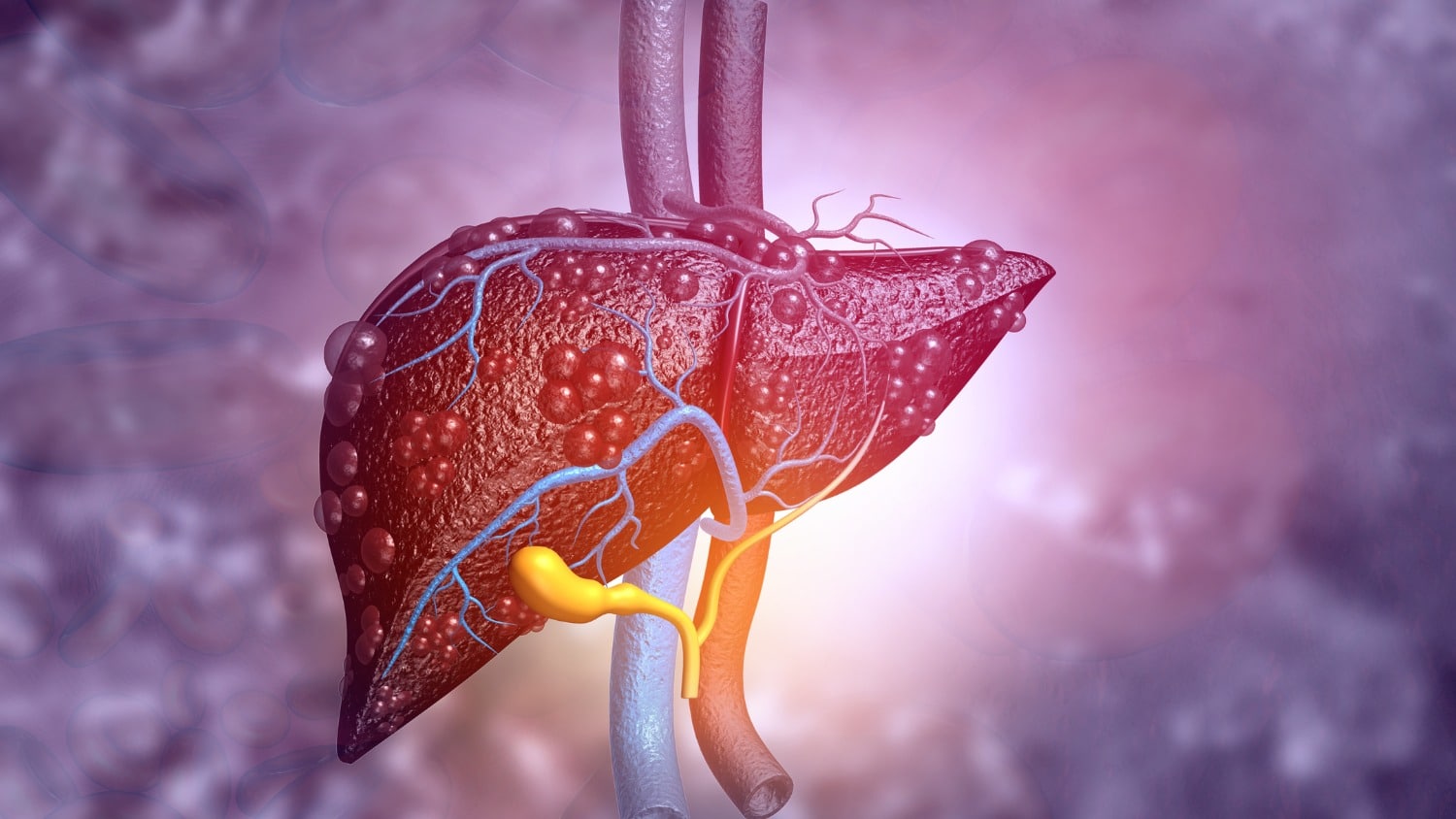
10 Foods that May Help Fight or Prevent Dementia
Dementia is a disorder causing impaired reasoning and memory that interferes with daily functioning. Dementia is not a specific disease. There are many diseases that may cause dementia, such as: Alzheimer’s disease, Parkinson’s disease, Lewy body dementia, Huntington’s disease, and vascular dementia to name a few.
According to the World Health Organization, more than 55 million people worldwide have dementia. Unfortunately, there is no cure for dementia, and most treatment options may decrease symptoms without slowing its progression.
By far, the leading risk factor for dementia is age. More than 90% of people with dementia are older than 65. That being said, there is some evidence that diet may influence the prevention of dementia and help with brain function all together.
Consult with Your Doctor
First and foremost, I want to stress that you need to take your medication as prescribed by your physician. Follow the medical advice and direction of your physician, keep your physician appointments, and do the necessary tests as instructed by your doctor.
Only after doing all of this should you consider fine tuning your mind health with the following foods that may be of benefit to you. Also, many people are on multiple medications such as warfarin that have restrictions. In addition, people may have coexisting disorders.
Restrictions due to the medications you take and diet instructions on your other disorders take precedence over the below suggested foods. Do not consume foods on the list that your physician has previously told you not to eat.
Keeping this in mind, I would like to provide you with a list of 10 foods that may help fight or prevent dementia.
#1: Green Leafy Vegetables
Examples of leafy green vegetables are kale, collard greens, chard and spinach. Leafy green vegetables are full of vitamins. Researchers found six or more servings of leafy green vegetables a week have the greatest benefits to the brain but even two servings a week can be helpful.
If you are not fond of eating these greens by themselves or in salads, adding them to soups and stews may be more palatable. Pureeing them into sauces to put on meals is another option.
#2: Nuts
It is recommended to eat nuts at least five times a week for brain health. Many studies have found a connection between eating nuts and a lower risk of dementia. There was even a study done in 2014 showing walnuts actually improving the memory of mice.
Many nuts have a lot of omega-3 fatty acids. The omega-3s protect your mind and are good for your cardiovascular health as well. Nuts often contain much magnesium, vitamin E and B vitamins; all of which are good for the brain.
#3: Beans
Beans are recommended three times a week to reduce Alzheimer’s risk. Legumes have a lot of folate, and low folate levels may contribute to a higher risk of Alzheimer’s disease. One study at Peking University in China found elderly men who eat fewer legumes are more likely to decline cognitively.
#4: Berries
Blueberries, raspberries and blackberries have anthocyanin which is a flavonoid that stops the progression of brain deterioration. These fruits also have antioxidants and vitamins that combat inflammation and help with maintaining a healthy mind. One study showed improved memory simply by drinking a glass of blueberry juice a day.
#5: Fish
Researchers recommend eating fish once a week to help with brain function. The omega 3 fatty acids in fish are great for the mind. Fish that are high in omega 3 fatty acids include sardines, halibut, salmon, trout, herring, cod, mackerel and tuna. Alzheimer’s patients often have low levels of DHA, docosahexaenoic acid, which is one type of omega-3 fatty acid.
Fish also has lots of vitamin B12 which has been shown to help maintain a healthy brain. There are even some types of dementia that can be reversed by taking vitamin B12.
#6: Cruciferous Vegetables
Cruciferous vegetables are a family of vegetables that include cauliflower, broccoli, and brussels sprouts to name a few. They have a lot of carotenoids and B vitamins that have been known to decrease homocysteine levels. Homocysteine is an amino acid that has been associated with dementia.
#7: Olive Oil
Olive oil is a healthy fat made from smashed olives. It is a monounsaturated fat that increases HDL levels and lowers LDL levels. HDL is your good cholesterol and LDL is your bad cholesterol. There is a clear association of elevated LDL, bad cholesterol, with Alzheimer’s disease.
Olive oil is great on vegetables, pasta, bread, salad in addition to many other foods. Replacing butter and margarine with olive oil is particularly good for your brain.
#8: Poultry
Poultry is a lean meat. It is a good source of protein without so much animal fat. Poultry is recommended twice a week for brain health.
#9: Whole Grains
Examples of whole grains are whole wheat, oats, barley, brown rice, quinoa, rye, and buckwheat. Read labels carefully when purchasing. Words like “multigrain” or “wheat flour” does not mean whole grain. At least three servings a day are recommended for the mind.
#10: Spices
Spices like cinnamon, sage and cumin have polyphenols, which can reduce inflammation and eat away at brain plaques. This may have significant benefits for brain health and memory and for Alzheimer’s prevention in particular.
Many studies have shown giving cinnamon to mice correlated with improved clearing of protein build up in the brain associated with Alzheimer’s disease. Cinnamon also improved the memory and cognitive function of mice. Turmeric correlates with preventing cognitive decline and treating dementia in mice also. So, spice may just be the spice of life in and of itself.
In Conclusion
To best manage or prevent dementia, make sure you are under the care of a physician, take your prescribed medication, do the lab and other tests that are ordered, and follow diet restrictions as instructed by your physician and/or dietician. Once you are doing all of this, consider the value of the above-mentioned foods in helping manage or prevent dementia.
Are you or anyone you know in a stage of some form of dementia? Do you regularly incorporate these foods into your diet? Have you noticed a difference in your memory or other cognitive abilities when you eat these foods? Share your thoughts.






